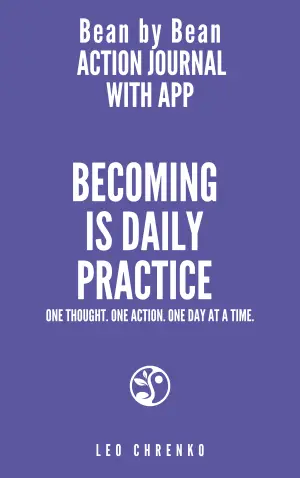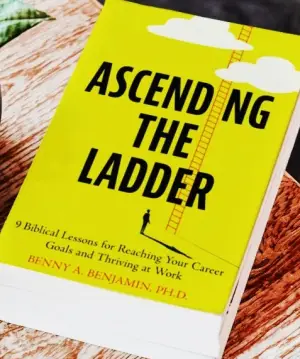Exploring Change and Humanity in Octavia Butler’s Parable of the Sower
From the moment I cracked open Parable of the Sower, I was swept away into a world that felt both unsettlingly familiar and profoundly alien. Octavia Butler, an icon of science fiction, draws us into the claustrophobic life of Lauren Olamina, a 15-year-old girl living in a fortified community in a dystopian future ravaged by climate change and social chaos. This book is not merely a story about survival; it’s a powerful exploration of resilience, faith, and the human condition.
Lauren’s journey, fueled by her "hyperempathy"—a condition that forces her to feel the pain of others—serves as both a gift and a curse. This heightened sensitivity adds richness to Butler’s narrative. I found myself sympathetic to Lauren’s struggles and the painful understanding she carries. As she navigates the crumbling world around her, I couldn’t help but reflect on what it means to connect with others deeply, even amidst chaos. Butler’s prose is powerful yet accessible, enveloping the reader in Lauren’s experience without overwhelming with excessive jargon.
At its heart, Parable of the Sower grapples with heavy themes of community, race, and the formation of belief systems. Lauren’s creation of Earthseed, a philosophy that proclaims "God is Change," not only showcases her desire to adapt but also embodies the need for humanity to embrace transformation in times of turmoil. These concepts challenged my own beliefs and made me ponder the intricate relationship between faith and survival. Bulter’s astute observations on racism and societal collapse are alarmingly relevant today, drawing parallels that are disturbingly close to our current reality.
One memorable moment occurs when Lauren reflects, “Embrace diversity, or be destroyed.” This quote resonated with me, emphasizing how essential connection and unity are in the face of adversity. In Lauren’s world, where the divisions are stark and society is fracturing, Butler presents a prophetic reminder that embracing our differences may very well be the key to survival.
However, I will admit the pacing felt uneven at times, particularly after the dramatic shift when Lauren leaves her community. That said, the narrative remains compelling, continually forcing me to confront the uncomfortable truths about our own world through Butler’s visionary lens.
Ultimately, Parable of the Sower is a poignant testament to the power of change, adaptation, and hope, all filtered through the eyes of a young girl trying to carve out her own identity. This book will resonate with anyone who loves thought-provoking dystopian literature or is grappling with the complexities of modern society. It has undoubtedly impacted my perspective on the future and my role within it, leaving me not just a reader, but an active participant in an ongoing conversation about humanity and hope.
If you seek a novel that challenges your perceptions of faith, survival, and community while navigating the turbulent waters of an uncertain future, look no further than Butler’s engrossing masterpiece. It’s a journey worth taking—a reflection not just of what is, but what could be.
You can find Parable of the Sower (Parable, 1) here >>






